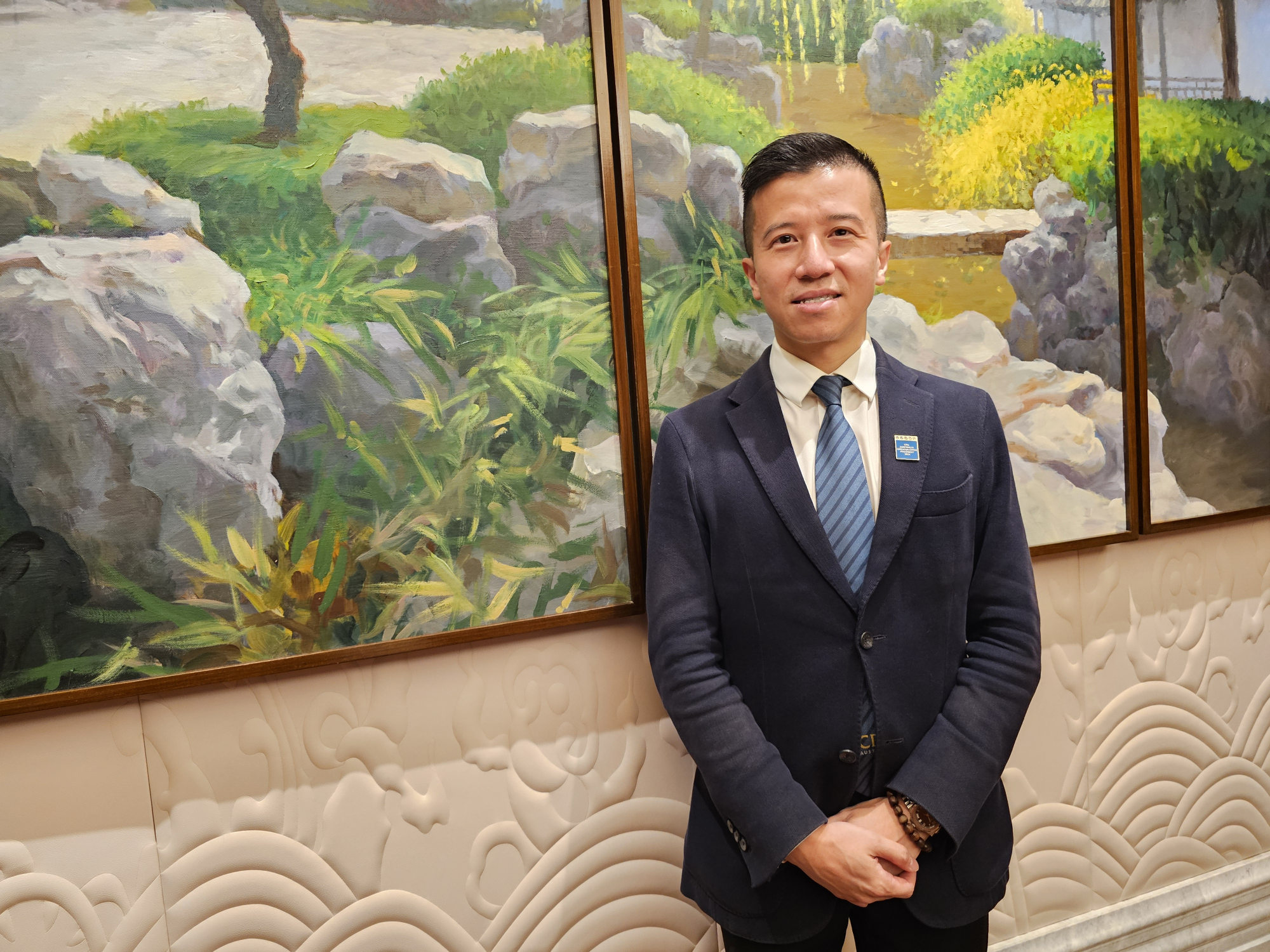Family office operators plan US$100 million fund to invest for capital-investment migrants

Hong Kong’s cash-for-residency scheme has opened up opportunities for local family office operators, with many joining hands to launch a US$100 million fund to manage investments for the applicants.
Wings Capital, a local family office which has taken the initiative on the fund, said the initial target is to raise US$100 million from applicants of the Capital Investment Entrant Scheme (CIES).
The proceeds will be used to invest in private credit, a loan product with collateral that delivers returns of more than 10 per cent, Cliff Ip Wang-hoi, partner of Wings Capital, told a media briefing on Wednesday.
“Many wealthy individuals interested in moving to Hong Kong want to invest through established family office operators because they have the track record, experience and network,” Ip said.
He added that CIES has already attracted several hundred applicants, with their pooled funds exceeding HK$10 billion (US$1.3 billion).
Launched on March 1, the investment-migration scheme requires each individual to invest at least HK$30 million in funds, stocks, bonds or other vehicles for the applicant and their family to get residency in the city. Some 346 applications had been received until July 5, according to data from InvestHK, the government agency handling the scheme.

In addition to the fund, Wings Capital and its partner family office operators will collaborate with migration consultants to help the newcomers settle in the city, Ip said.
“The CIES applicants will need advice on property to establish their new homes, and also tips on schools for their children,” Ip said. “Some may also want to set up family offices in Hong Kong to handle their succession planning, invest in art and wines. We can share our expertise and network with these newcomers.”
Ip, a chartered accountant, previously worked at PwC and JPMorgan before getting into the family office business. He is the current president for Greater China at CPA Australia. The accounting body arranges events and training to promote family offices in Hong Kong.
Last week, Victor Li Tzar-kuoi, chairman of CK Asset Holdings, said his family “intends to institutionalise the establishment of a family office in Hong Kong, with long-time colleagues and family members as managers”.
Hong Kong had more than 2,700 single-family offices – firms established to pursue investment, philanthropy and succession planning – at the end of last year, according to a study published by Deloitte in March. Each manages between US$10 million and US$100 million of assets.
The government introduced tax incentives for family offices in May last year and launched the CIES in March, aimed at achieving Chief Executive John Lee Ka-chiu’s goal of having at least 200 large family offices set up in the city, which he announced in his first policy address in October 2022.
“The CIES and other developments related to family offices have provided many opportunities for accountants,” Ip said.
While Hong Kong and Singapore are both competing for wealthy clients to set up family offices, Ip said the city has an advantage as it is part of the Greater Bay Area, Beijing’s plan to integrate Hong Kong, Macau and nine mainland cities into an economic powerhouse.
“The Greater Bay Area has a population of 85 million, with many rich individuals interested in investing in Hong Kong as the city has a range of investment choices, from stocks and bonds to virtual assets and art,” Ip said.

